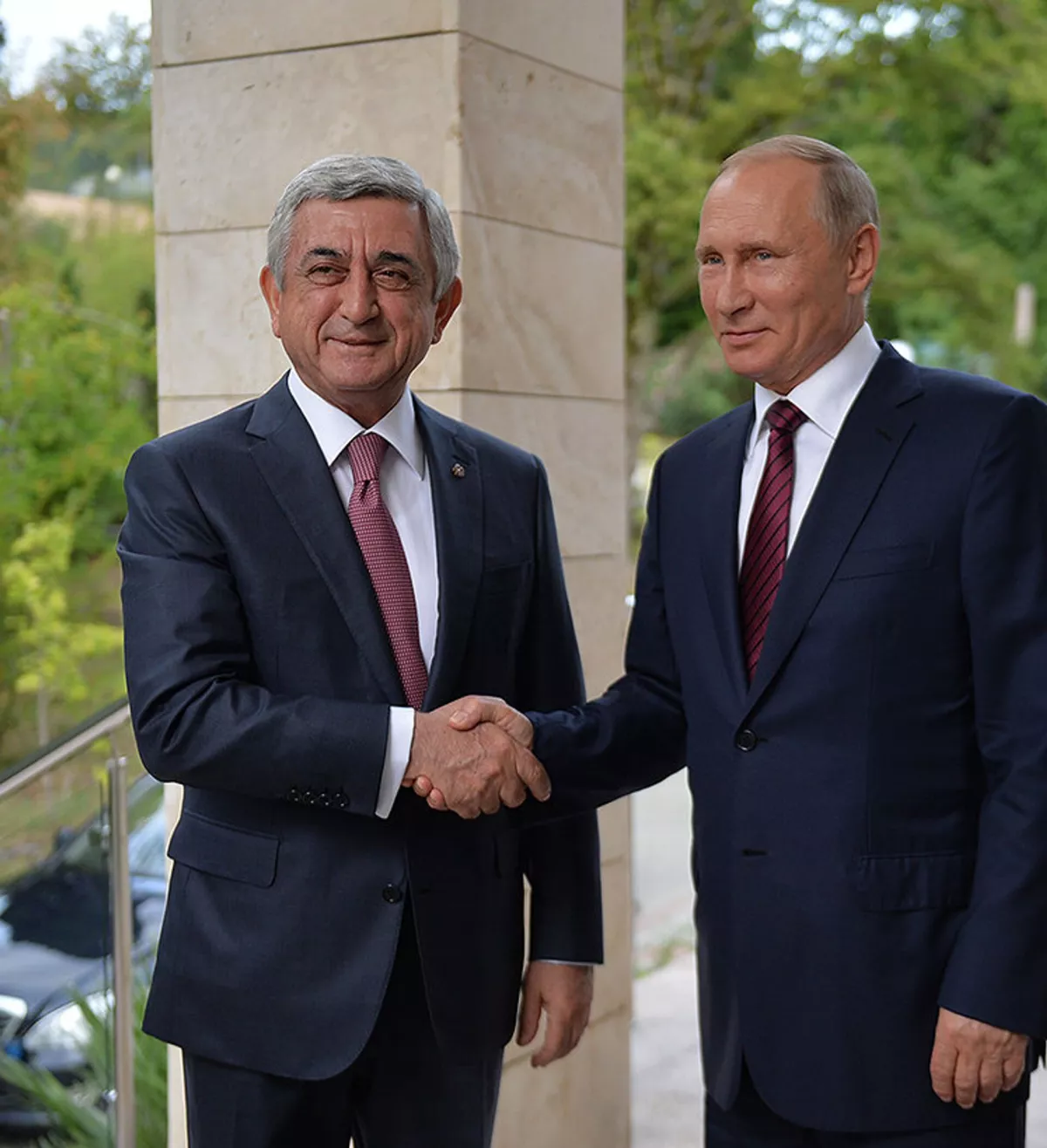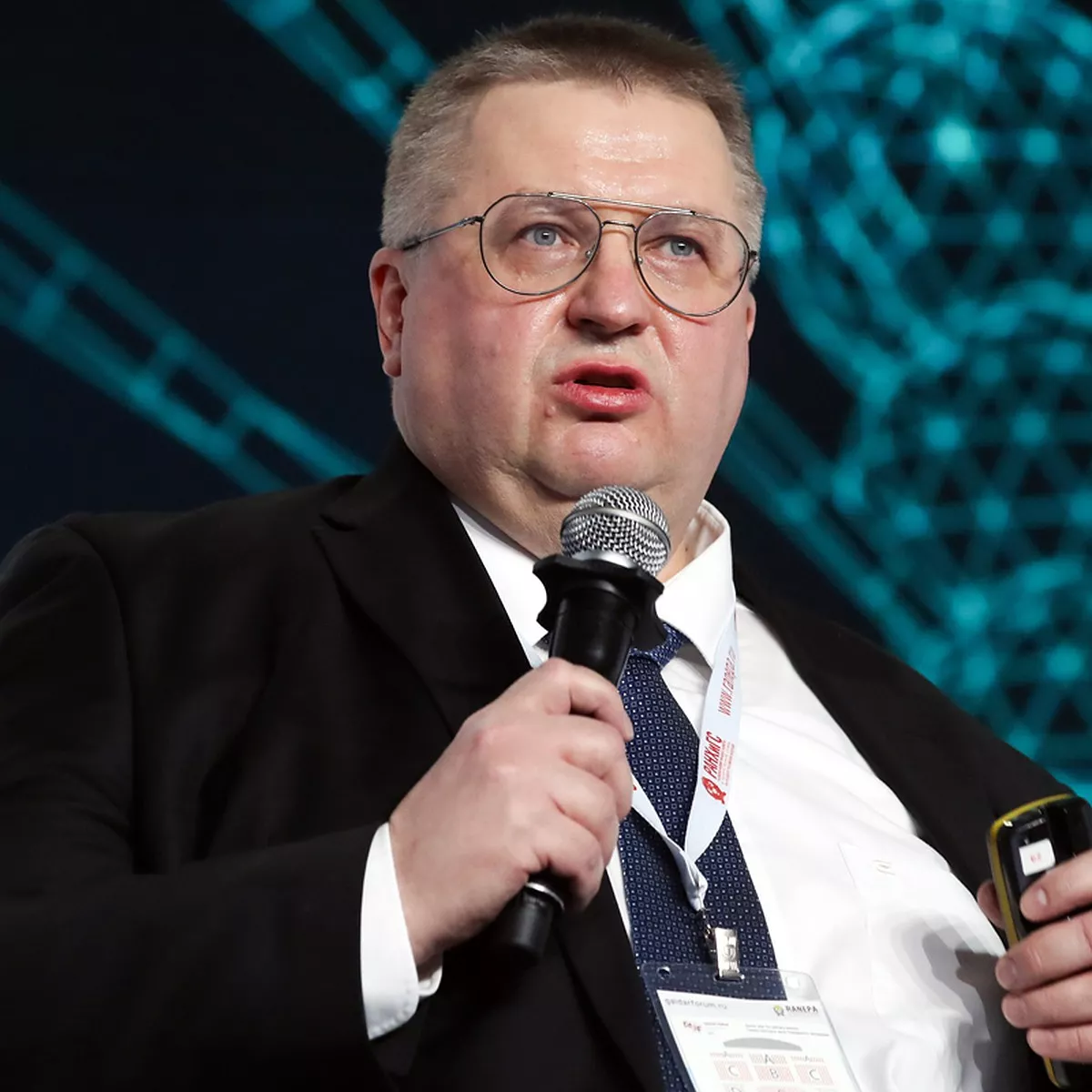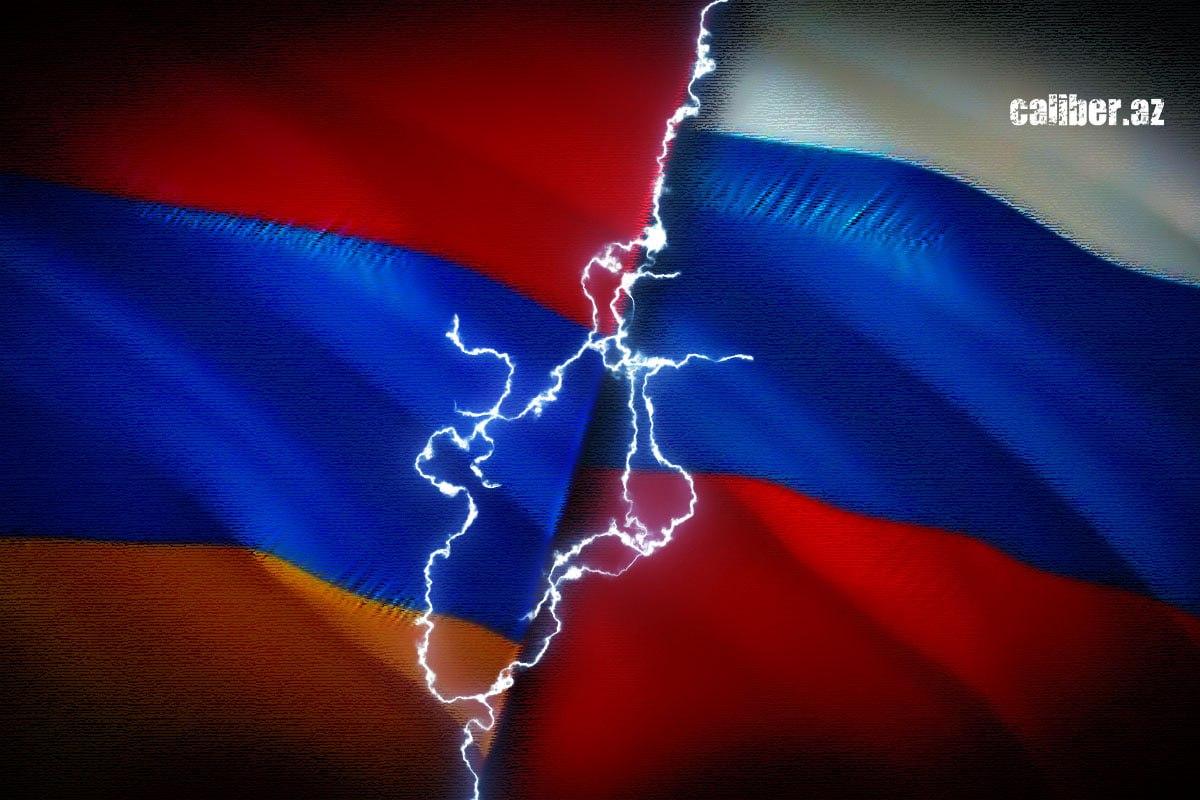Armenia and the EU: The price of "integration" Pashinyan is being urged to make a choice
After a brief pause, Yerevan resumed parliamentary discussions on the prospects of Armenia's European integration. According to Armenian media reports, the National Assembly of Armenia adopted the draft law on the start of the country's accession process to the EU in its second and final reading. In early March, the discussion of this draft law was postponed due to the preamble of the document, which contained a political assessment of Armenia's desire to join the European Union. However, the authors did not provide clarifications regarding its content at that time.
At this stage, it is known that the draft law was proposed as part of an initiative by several public and political organizations that gathered 60,000 citizen signatures for it. This is a good result for small Armenia, considering that under the Constitution of Armenia, a minimum of 50,000 signatures is required for a civil initiative to be considered in parliament.
Notably, pro-Western sentiments in Armenian society are not new: European aspirations have been present in Armenia since the time of Serzh Sargsyan's presidency. However, at that time, Moscow intervened — after more than three and a half years of negotiations with the European Union over the Association Agreement, Sargsyan, following a conversation with Putin in Moscow, unexpectedly announced his intention to join the Customs Union, and later, the Eurasian Economic Union (EAEU).

Upon returning to Yerevan, Sargsyan stated that joining the Eurasian Union was now a priority.
In October 2014, in Minsk, during a meeting of the Supreme Eurasian Economic Council, it was announced that Armenia would join the EAEU. At that time, it was Moscow, not the authorities in Yerevan, that determined Armenia's foreign policy course. Russia made it clear to its main ally in the South Caucasus that European integration was an illusion, and that Armenia’s present and future depended on it. The issue of European integration effectively disappeared from the agenda until Nikol Pashinyan came to power.
In recent years, Moscow has been closely monitoring the political processes in Armenia and its rapprochement with the West, subtly hinting at its own irreplaceability and Yerevan's economic and political dependence.

Russia considers itself entitled to speak firmly to Armenia, as evidenced by the frequent statements made by high-ranking Russian officials. For example, Russian Deputy Prime Minister Alexei Overchuk, in a conversation with journalists, issued an ultimatum, stating that if Armenia were to join the European Union, Moscow would be forced to reconsider the entire range of economic relations with Yerevan.
"We understand that if Armenia moves towards Europe, it will, accordingly, be necessary to reconsider the entire set of economic relations with this country. Armenia will not be able to sit on two chairs — this is completely obvious. Therefore, the country needs to make a decision and choose," said the Russian Deputy Prime Minister, once again reminding the Armenian side of the benefits of participation in the EAEU. He noted that Russia's trade turnover with Armenia reached $12.7 billion in 2024, an increase of more than 50%.
The Russian side is demonstrating a firm stance on Armenia's foreign policy course, showing no intention of leaving this matter without attention. Moscow signals a decline in the level of trust and a limited supply of patience. From Russia's perspective, Armenia should make a choice in favor of Eurasian integration projects, which imply continued membership in the EAEU and CSTO. Moscow also regularly reminds that Armenia's security guarantees are provided by Russia, not the West.
In this context, none of the Armenian leadership representatives, including Prime Minister Nikol Pashinyan, have publicly raised the issue of potentially withdrawing the 102nd Russian military base from Gyumri. On the contrary, whenever this issue is brought up in the public space, the authorities in Armenia declare that it is not on the agenda.

This cautious tactic by Yerevan has effectively become an attempt to balance between two geopolitical vectors, which is gradually turning into an element of state strategy. It is highly likely that Armenia will not abandon the ideas of European integration and financial support from the EU, including through the European Peace Facility mechanism, but it will also not leave the EAEU, participation in which indeed brings economic benefits to the country.
Thus, one can conclude that the determination of Armenia's future foreign policy model will not depend on ultimatum statements but on specific steps taken by Moscow toward Yerevan. As history shows, this approach proves to be effective in relations with the Armenian leadership.








